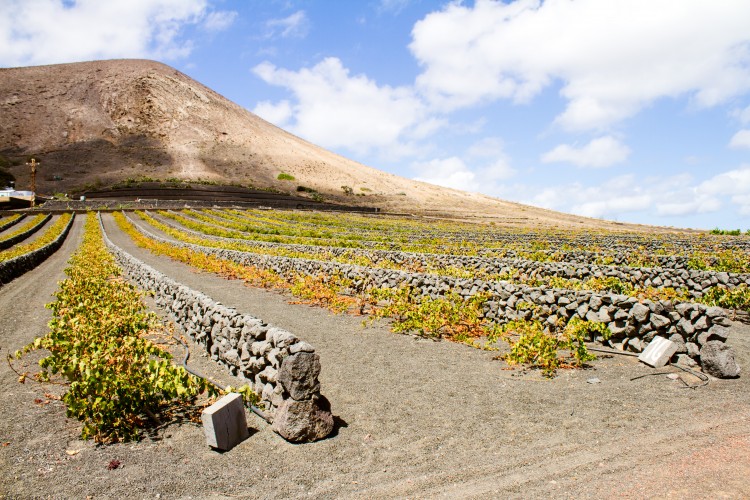Objective
The wine exemplar seeks to understand consumer demand for ecosystem services and whether the concept of ecosystem services can be used to market wine to consumers
Description
As wine is a consumer product, ecosystem services may be more likely to be incorporated into vineyard management and decision-making if they are something consumers, and thus distributors and retailers, value and demand. Therefore a potential way to improve ecosystem services in the wine sector is to understand if and how other parts of the value chain can influence wine production.
The wine exemplar is working with wine producers, distributors, and retailers in the European wine industry to understand what ecosystem services stakeholders in the industry value and how those ecosystem services might be incorporated into the communication about and marketing of wine to consumers.
Location Description
The specific geographic focus on the wine exemplar is still being determined.
Scale
Subnational, Local
Stakeholders
Wine producers, retailers and distributors.
Methods and tools used in the case study
To understand what wine consumers value and how we might tie those values to ecosystem services we are engaging in secondary market research as well as speaking with retailers and distributors. We are also working with growers to understand what motivates them to shift production practices. We will use indicators, life cycle analysis, qualitative and quantitative scenarios, and mapping to identify the ecosystem services that can both best improve performance on the ground and appeal to growers and consumers – and can thus potentially be used to communicate about and market wine.
Key findings
- Production of responsibly grown and produced wine is increasing (e.g. organic wine).
- Some wine retailers are also increasing their focus on responsibly grown and produced wine, driven by demand from their consumers
- The concept of ecosystem services is not currently being used to market wine to consumers – but the above trends indicate there may be some potential to do so.
Success factors
- Good cooperation and engagement from OPERAs research partners.
- MSc. student involvement.
Key challenges
- The main challenge thus far has been stakeholder engagement. With our initial stakeholders, it was difficult to find common ground and the skills and tools we offered did not match their needs.
- Working from a distance with little ongoing contact with stakeholders did not allow sufficient social capital and trust to be developed. We are now shifting our focus to work more closely to where the research partners are located.
- Engaging in participatory research co-design was also challenging. The research partners are eager to meet the needs of stakeholders, however stakeholders seem to want a clear idea of what research can offer them before they decide to engage.
Lessons Learned
It is important to:
- Articulate a clearly defined vision for how OPERAs partners can most effectively work together based on existing strengths and resources.
- Seek stakeholders who will benefit most from assistance.
Links
Key outputs include:
- A science feature article in Scientific American, January 2015: http://www.kimnicholas.com/blog/tasting-climate-change-growers-are-tryin....
- A radio interview with Roger Harrabin on BBC Radio, November 2015: http://www.bbc.co.uk/programmes/b06p7d29
Other partners
Lund University, University of Edinburgh, European Forest Institute, denkstatt, UNEP-WCMC, Ecometrica
Project lead contact
Heather Schoonover
Lund University Centre for Sustainability Studies (LUCSUS)
heather.schoonover@lucsus.lu.se
+46 (0)46 222 0690

